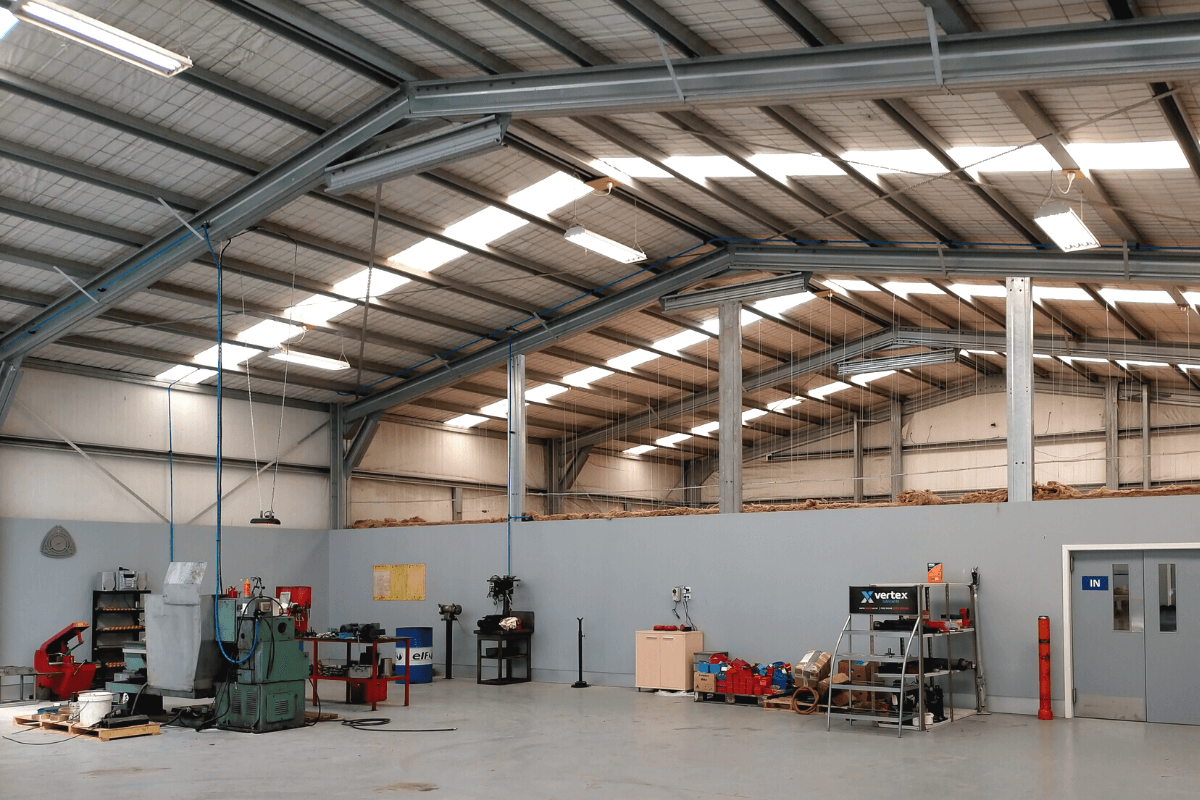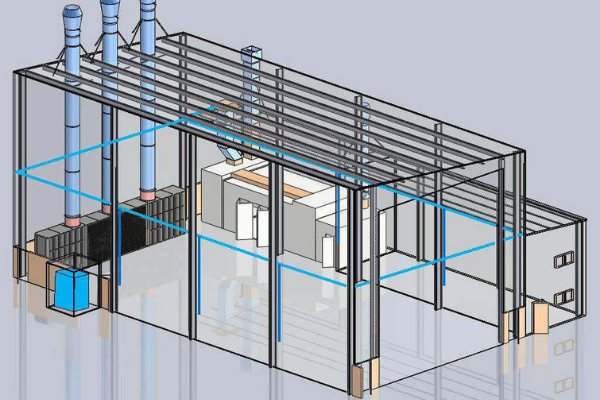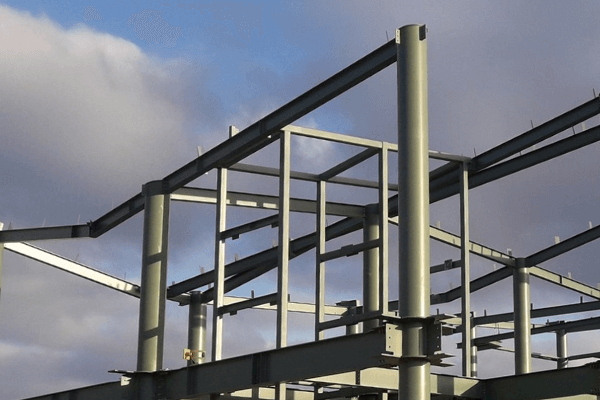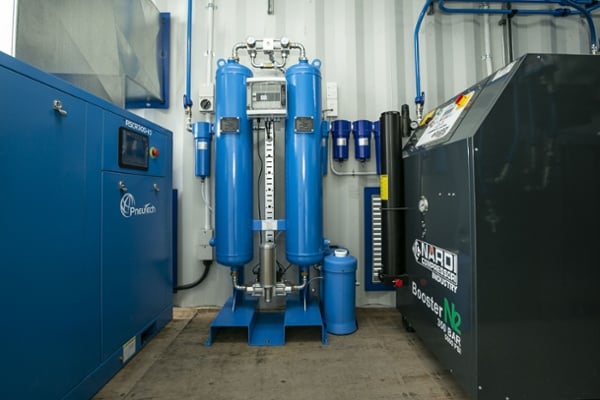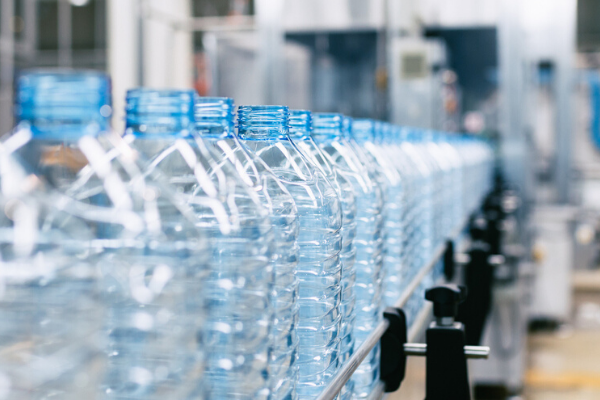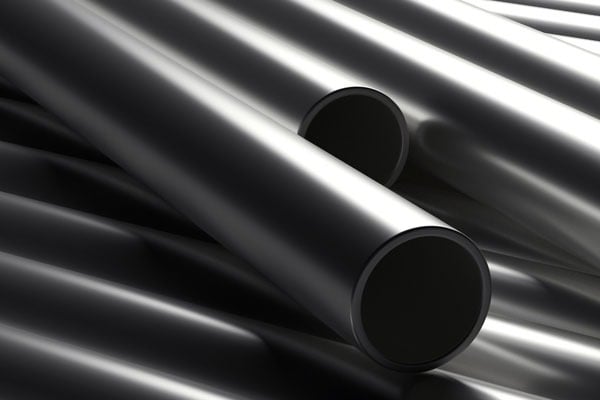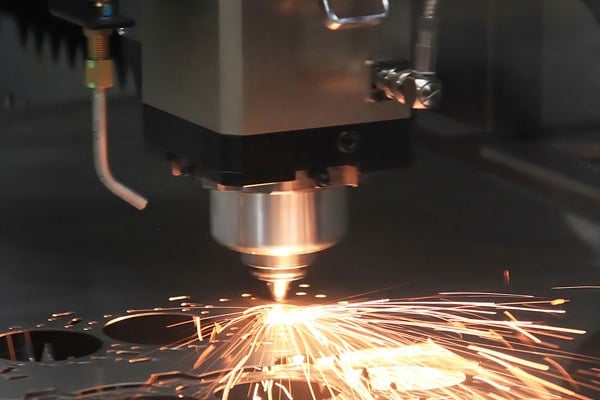An air receiver, or air compressor tank, is an integral component in any compressed air system. Its primary function is to store compressed air to meet varying demand levels. Air quality compliance is not just a regulatory obligation; it's crucial for safeguarding your business and people. Clean compressed air protects your employees' health by eliminating harmful contaminants, keeps your machinery operating efficiently, and helps you avoid legal penalties and maintain your reputation.
At Industrial Air Systems, we understand the importance of maintaining high air quality standards. This article explores why air quality compliance matters in New Zealand and how we can help you achieve and maintain it.
The importance of air quality compliance
Air quality compliance is critical for maintaining safe and efficient operations in industries that rely on compressed air. Contaminants like oil, water, particulate matter, and microorganisms can compromise machinery, leading to breakdowns, costly repairs, and downtime. Using a compressed air quality test kit regularly allows you to check the purity of your compressed air. It helps detect and measure these contaminants, ensuring that your system stays compliant with regulatory standards.
Contaminated air can introduce harmful substances into the work environment, posing health risks such as respiratory issues and allergic reactions. Clean, compliant compressed air helps protect your workforce, reducing absenteeism and improving productivity.
Beyond these concerns, air quality compliance is a legal requirement in New Zealand. Failing to meet standards can result in severe penalties, including fines and operational shutdowns, which can damage your business's reputation and bottom line. In certain sectors, even minimal contamination can lead to product recalls, loss of consumer trust, and financial losses. Adhering to strict air quality standards safeguards your products to meet the highest quality requirements.
The air receiver inspection process in New Zealand
In New Zealand, the inspection process for air receivers and other compressed air equipment is critical for safety and efficiency. According to Standard AS/NZS 3788, air compressor pressure vessels must undergo external inspections every two years and internal inspections every four years. These inspections identify issues like corrosion, leaks, or structural weaknesses.
During an inspection, professionals assess the condition of the compressed air receiver, checking for compliance with safety standards. They evaluate whether the pressure vessel meets design and maintenance requirements. If issues are found, they recommend repairs or replacements to ensure continued safe operation.
Failing to comply with these requirements can lead to significant penalties, including fines and liability in the event of an accident. A recommended inspection schedule ensures the longevity and safety of your air receivers and equipment, protecting both your workforce and investment.
The benefits of clean air, and the hazards of poor air quality.
Maintaining clean compressed air is necessary for both operational efficiency and workforce health. Clean air ensures that your air compressors and air receivers function at their best, reducing the risk of equipment failure and extending machinery lifespan.
Regular use of a compressed air quality test kit can help you monitor and maintain the air purity required for your operations, preventing issues before they escalate. Poor air quality can have serious consequences, introducing harmful substances into your products, leading to recalls, and damaging your reputation. It can also cause respiratory issues and other health problems for your employees, resulting in absenteeism and decreased productivity.
Regular air quality testing and maintenance of your compressed air equipment are crucial to prevent the hazards associated with poor air quality. At Industrial Air Systems, we provide comprehensive air treatment solutions and air quality testing services to help you maintain clean, compliant air for safe and efficient operations.
Where to get your compressed air systems inspected
When ensuring that your air compressors, air receivers, and compressed air systems meet New Zealand's safety and quality standards, partnering with a trusted inspection provider is essential.
SGS is a globally recognised leader in air quality testing and equipment inspections, offering services including testing for contaminants, assessing equipment conditions, and ensuring compliance with regulations.
By choosing SGS, you can be confident that your compressed air equipment is thoroughly inspected. Their expertise in air quality and compliance helps protect your operations from the risks associated with poor air quality, equipment failure, and non-compliance with safety standards. Whether you need routine inspections, air quality testing, or assessments of your compressed air receivers and related equipment, SGS provides the expertise and reliability you need for safe and efficient operations.
Partnering with Industrial Air Systems for air quality compliance
At Industrial Air Systems, we understand the critical role that compressed air plays in your operations. We offer a comprehensive range of services to support your air quality compliance efforts. Our expertise in compressed air servicing and air quality testing allows us to identify and address potential issues before they escalate into costly problems.
We pride ourselves on the quality and reliability of our equipment. Our air compressors and air receivers are built to meet the highest industry standards. By choosing Industrial Air Systems, you're investing in machinery and services that not only meet but exceed expectations. Our commitment to quality means fewer breakdowns, lower maintenance costs, and a longer lifespan for your equipment.
Our team is always ready to provide expert advice on maintaining your compressed air systems. From routine inspections to comprehensive air treatment solutions, Industrial Air Systems is your trusted partner for all things related to compressed air.
Check out our services page to learn more about how we can help your business achieve and maintain air quality compliance. Alternatively, download our ISO compressed air quality standards guide for more information.



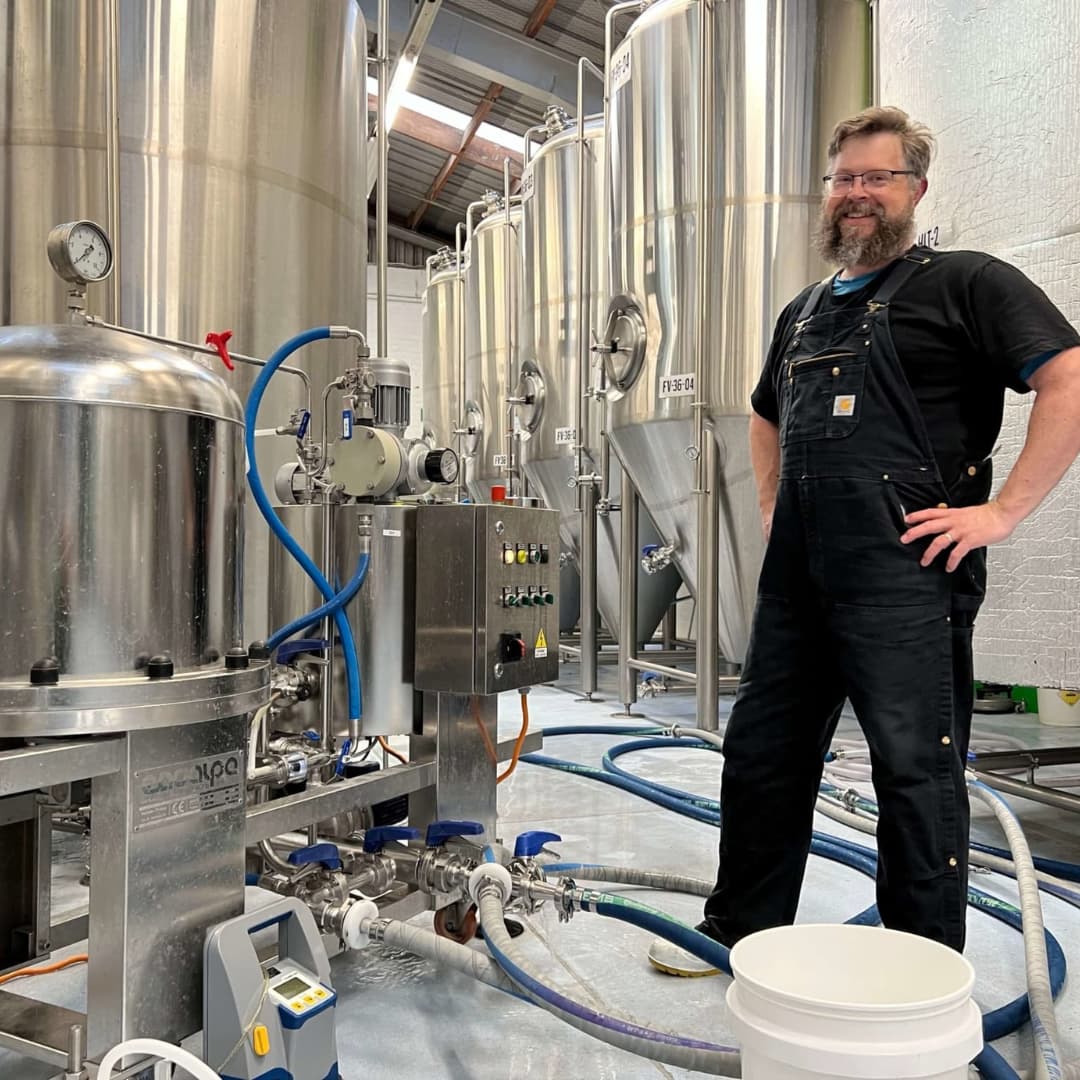
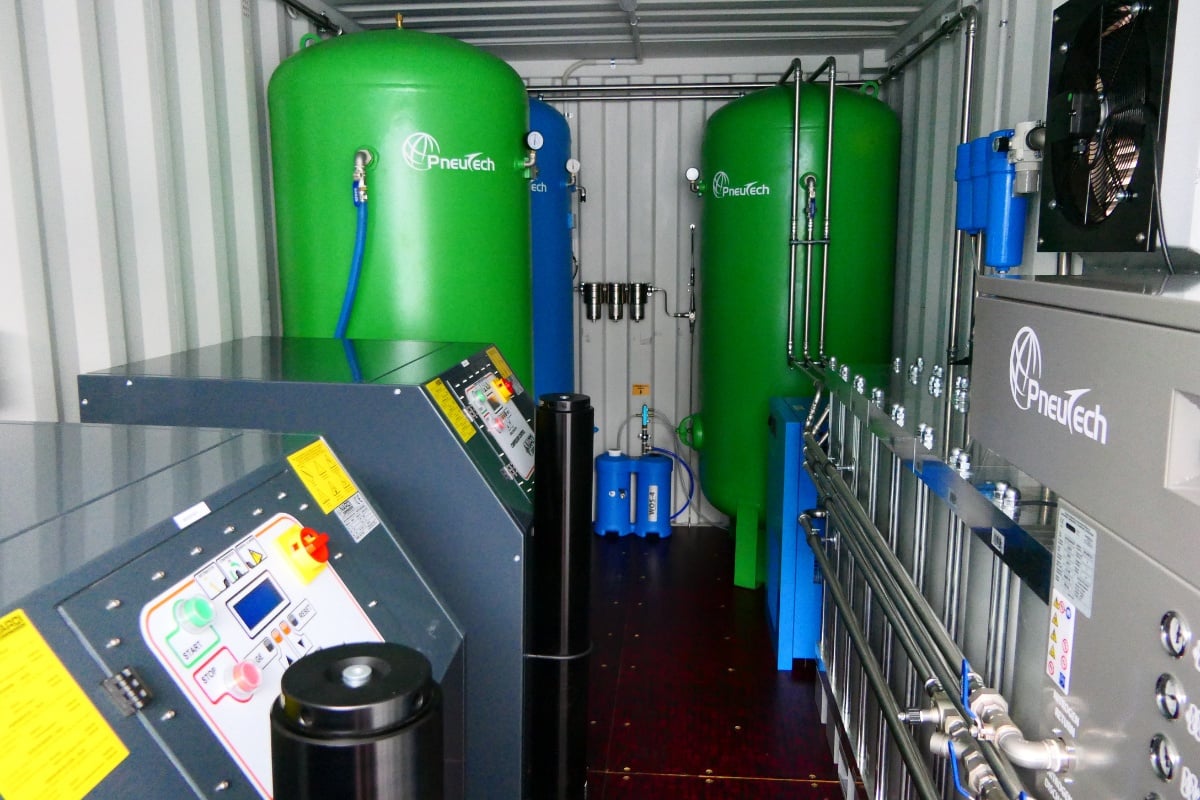
.jpg)



